Top 10 Safety Tips For All Industrial Workers
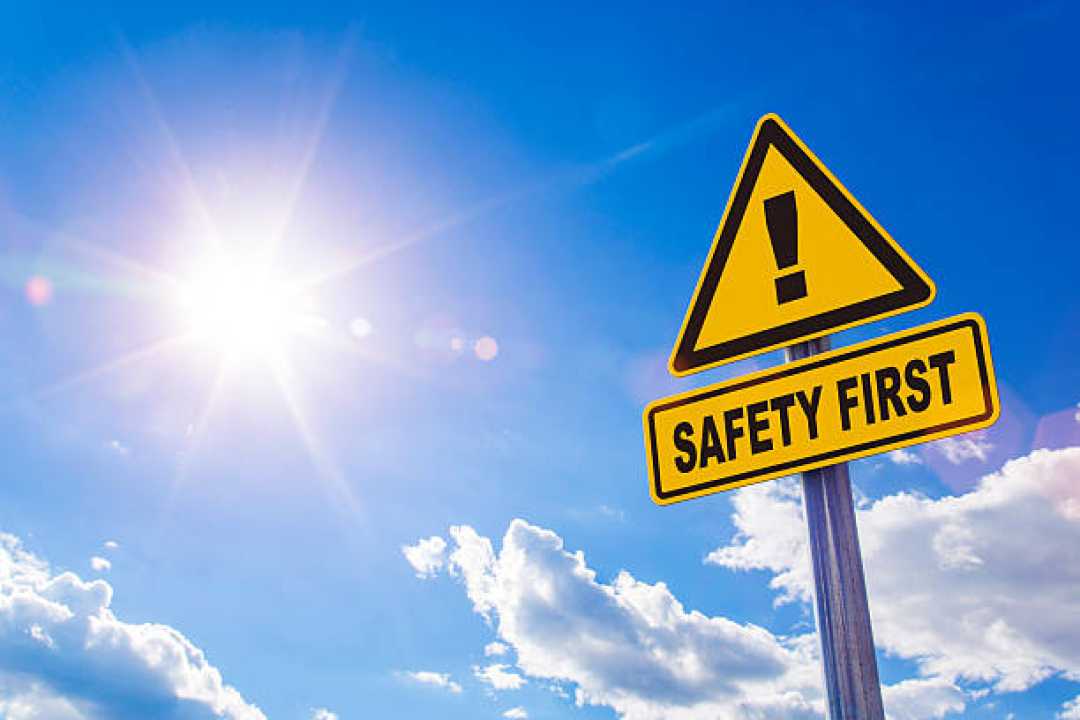
Safety is paramount in any industrial workplace. Whether you're a seasoned professional or new to the industrial scene, ensuring your well-being should always be a top priority. In this article, we're going to explore the top 10 safety tips that are essential for all industrial workers, regardless of the specific industry or role.
These guidelines are designed to keep you protected, prevent accidents, and promote a culture of safety within your workplace. From understanding the importance of personal protective equipment (PPE) to practicing good housekeeping, we've got you covered. So, let's dive into these invaluable safety tips that will help keep you and your colleagues safe and sound in the industrial environment.
Top 10 Safety Tips For All Industrial Workers
- Pay attention to your surroundings
- Maintain correct posture to protect your back and neck
- Take regular breaks
- Use tools and machinery correctly
- Keep emergency exits accessible
- Report unsafe conditions to your supervisor
- Use mechanical aids whenever possible
- Stay sober
- Reduce stress at work
- Wear appropriate safety equipment
1. Pay attention to your surroundings
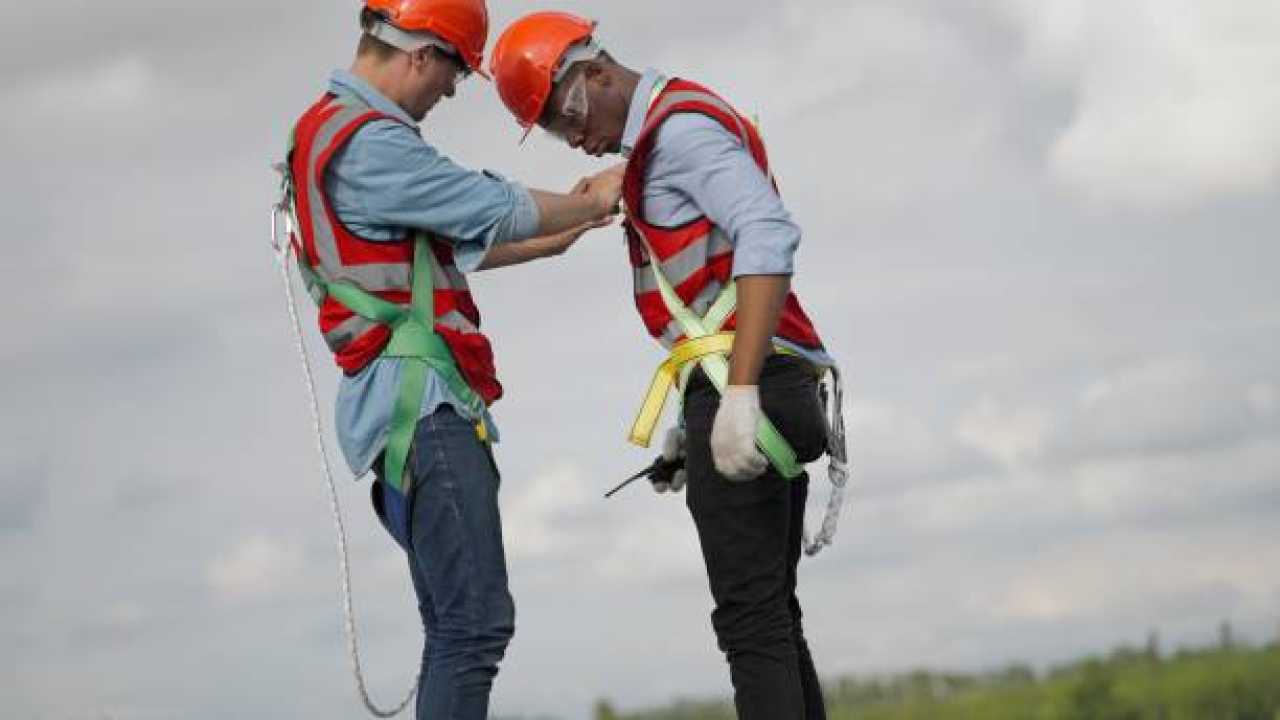
Know the specific hazards in your job or workplace. Once you are aware of these risks, you can stay away from potentially dangerous areas and situations. Always pay attention to machines and their operations.
2. Maintain correct posture to protect your back and neck
If you work at a desk, keep your shoulders in line with your hips to avoid back problems. If you pick up objects, use proper posture to avoid back injuries. Avoid slipping and twisting. Try to make sure everything you need for the project is within reach to avoid moving in a way that could cause you pain or discomfort.
3. Take regular breaks
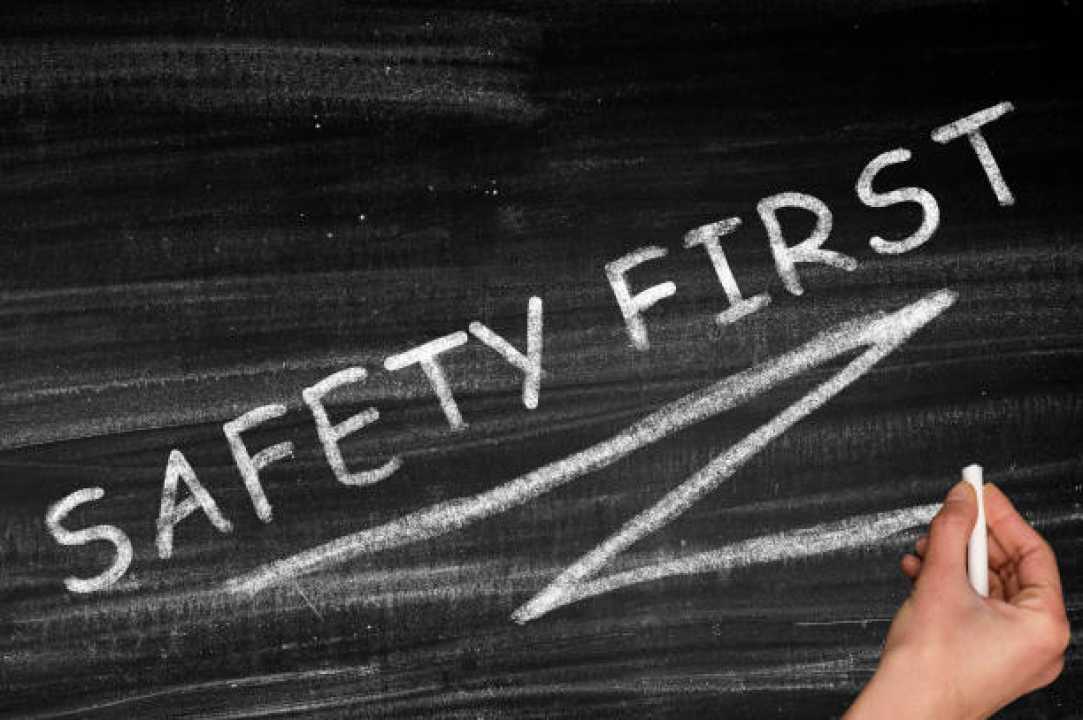
Many work-related injuries and illnesses occur because employees are tired, exhausted, and unresponsive to their environment. Taking regular breaks helps you refresh and refocus.
READ ALSO » Top 5 Safety Features You Should Have In Your Car
The trick to staying alert is to schedule your most difficult tasks when your concentration is at its optimal level, such as early in the morning.
4. Use tools and machinery correctly
Take appropriate precautions when using tools and machinery and do not take shortcuts. Taking shortcuts is one of the main causes of workplace accidents. Using one tool instead of another for a specific job poses a huge safety risk. Using tools correctly will significantly reduce the risk of workplace injuries.
5. Keep emergency exits accessible
In an emergency, you will need quick and easy exits. Keep clear access to your device's breakpoints in case you need to quickly stop them from running.
6. Report unsafe conditions to your supervisor
Your supervisor must be informed of any hazards or safety risks in the workplace. They are legally required to provide their employees with a safe working environment. Unsafe conditions will be addressed and the safety of you and your co-workers will be ensured.
7. Use mechanical aids whenever possible
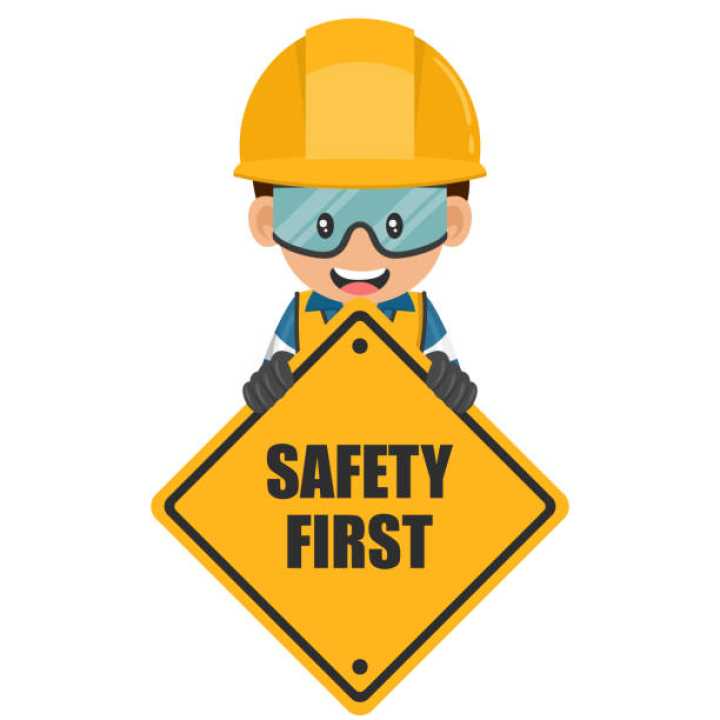
Instead of trying to carry or lift something very heavy, spend time using a wheelbarrow, treadmill, crank or forklift. Too much risk of injury is associated with trying to lift something that is too heavy.
8. Stay sober
About 3% of workplace deaths are caused by alcohol and drugs. When a worker's judgment, coordination, motor control, concentration or alertness are compromised, it can lead to a greater risk of injury and death in the workplace.
9. Reduce stress at work
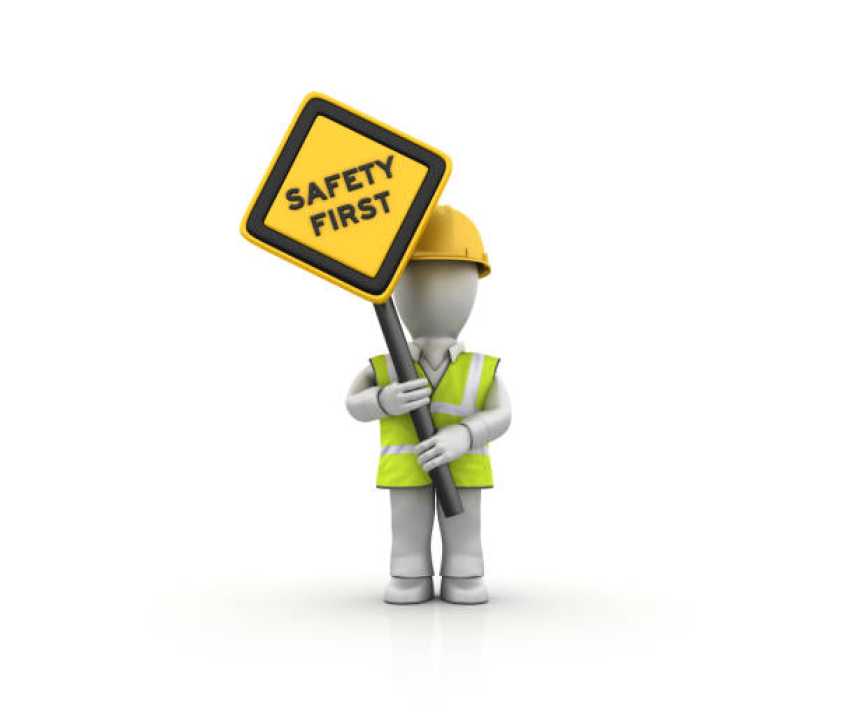
Stress can lead to depression and difficulty concentrating. Common causes of workplace stress include long work hours, heavy workloads, job instability, and conflicts with co-workers or managers. Share your questions and concerns about workplace stress with your supervisor so they can help you try to resolve the problem.
10. Wear appropriate safety equipment
READ ALSO » Top 10 Success Tips You Must Know To Succeed
If you do not wear appropriate safety equipment, you are at risk of injury.
Earplugs, earmuffs, hard hats, safety glasses, gloves, and full-face masks greatly reduce the risk of workplace injuries.
Facility managers and business owners are responsible for educating their employees about workplace safety.
Share statistics and the risks their work poses every day. Reward employees with incentives when safe workplace behavior is demonstrated.
Conclusion
In conclusion, safety is not just a regulation in the industrial world; it's a responsibility we owe to ourselves, our coworkers, and our loved ones. The top 10 safety tips we've explored in this article are not merely guidelines; they're a foundation for a secure and productive industrial workplace.
By recognizing the significance of personal protective equipment (PPE), maintaining clear communication, and adhering to safety protocols, you can help create an environment where everyone returns home unharmed. Good housekeeping, proper training, and a vigilant eye for potential hazards are the tools that empower you to be a proactive agent of safety.
Remember, in the industrial world, safety isn't an option; it's a commitment. By consistently applying these safety tips, you not only protect yourself but also contribute to a culture of safety that benefits everyone. So, as you gear up for your next day on the industrial frontline, carry these tips with you, and together, let's make safety more than a goal; let's make it a way of life.
